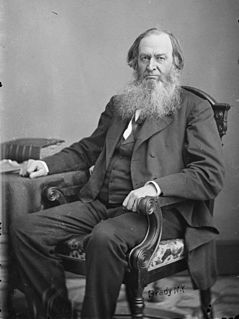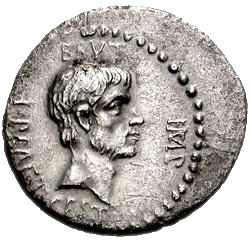A Quote by Marcus Tullius Cicero
Man is his own worst enemy.
[Lat., Nihil inimicius quam sibi ipse.]
Related Quotes
How does it happen, Maecenas, that no one is content with that lot in life which he has chosen, or which chance has thrown in his way, but praises those who follow a different course?
[Lat., Qui fit, Maecenas, ut nemo quam sibi sortem,
Seu ratio dederit, seu fors objecerit, illa
Contentus vivat? laudet diversa sequentes.]
A man who gives way to his passions is like a man who is shot by an enemy, catches the arrow in his hands, and then plunges it into his own heart. A man who is resisting his passions is like a man who is shot by an enemy, and although the arrow hits him, it does not seriously wound him because he is wearing a breastplate. But the man who is uprooting his passions is like a man who is shot by an enemy, but who strikes the arrow and shatters it or turns it back into his enemies heart.








































